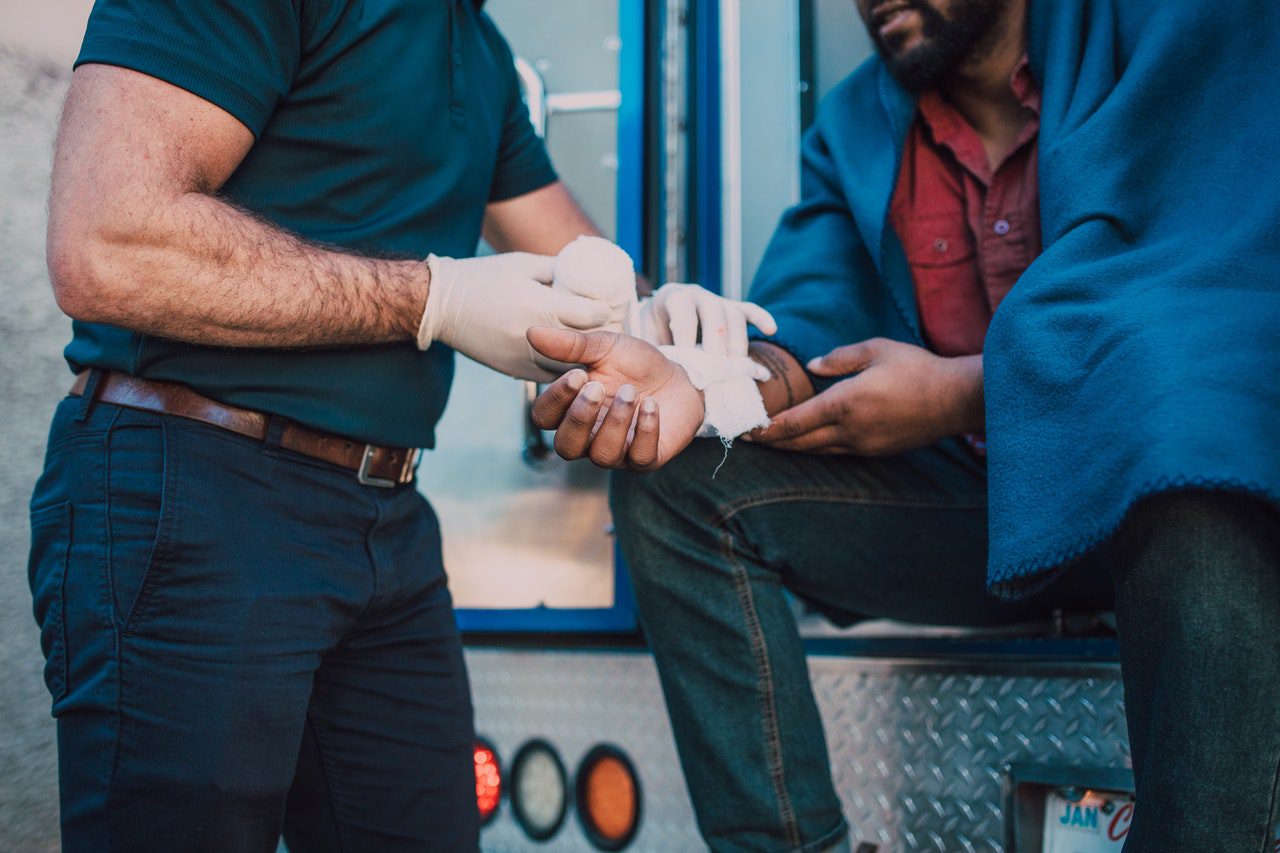Every customer has the right to feel relatively safe in a business establishment. Still, when a company fails to meet that obligation and a customer becomes injured, they can legally sue. Unfortunately, it can be difficult to prove a personal injury case against a business. Still, with the help of a lawyer and good documentation, you can receive adequate compensation for your pain and suffering.
Table of Contents
What Qualifies for a Personal Injury Claim
There are three basic elements of a personal injury claim: duty of care, breach of duty, and harm caused by the breach. To prevail in your case, you must provide each of those elements.
- Duty of Care: A business has a duty to its customers by providing a safe place for them to maneuver. Depending on the extent of the injury, a company may not be responsible for the customer if the accident occurred due to the customer’s negligence.
- Breach of Duty: A business “breaches a duty of care” when they could have prevented the accident with proper care but didn’t. A messy company that’s unclean or doesn’t provide advance warning for wet floors could be liable for your slip and fall injury.
- Harm Cause by Breach: The injured party has to prove that the breach of duty caused harm in the form of medical bills, lost earning capacity, loss of joy or pain, and suffering.
If you’re positive that all essential elements are met, consider a personal injury lawyer for representation. Injuries on company property such as slips, elevator/escalator falls, cuts and bruises, trampling, parking lot falls due to weather, assaults, and food poisoning are claimable.
The 3-Step Process of Filling a Claim
Liability insurance will protect businesses from lawsuits and injury claims, but insurance companies won’t cut a check without a fight. As a result, some claims may be denied, which often happened during COVID-19 when businesses were sued for being a virus hotspot.
Gathering Evidence

To build a strong insurance claim, you need to have strong evidence. For example, in court, you have to provide evidence that proves the business was negligent and that you were injured.
- Seek Immediate Medical Care: As soon as the injury occurs, call for help 911, or head to emergency. Never refuse medical care at the scene or undermine your injuries, or the business insurance company will claim your injuries weren’t serious.
- Incident Report: Ask the owner to provide a report of the incident for your records.
- Witness Statements: Look for witnesses and ask for their names and contact info.
- Insurance: Ask the owner to provide the name of their insurance company.
- Photographs: Take photos of where you were injured or the cause of the injury.
Provide Proof of Invitation
Trespassers or customers who loiter around the business property after hours won’t be able to sue the business. If you were injured during business hours, there is an implied invitation by the owner to remain on the premises. Licensees are also invited to stay or visit a business. A licensee could be a child in a wine shop, as they have no express reason to be there.
Consult Your Attorney to Maximize Compensation
Soft tissue injuries like abrasions, bruises, cuts, or contusions don’t necessarily require a lawyer, but hiring one could maximize your compensation amount. However, victims of serious injury should consult a lawyer, as insurance companies will typically offer low-ball settlement claims.
In a personal injury lawsuit, you should at least advocate for lost wages, loss of mobility, medical bills, and pain and suffering. A large business will put you up against vicious corporate lawyers that want to limit or eliminate the compensation owed to you, but a lawyer can protect you. Always speak to a lawyer first before tackling a business’s insurance company.
Featured Photo by RODNAE Productions from Pexels




